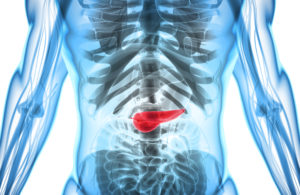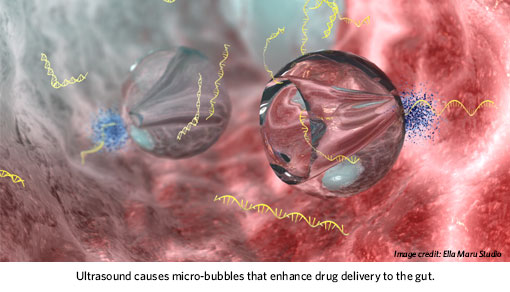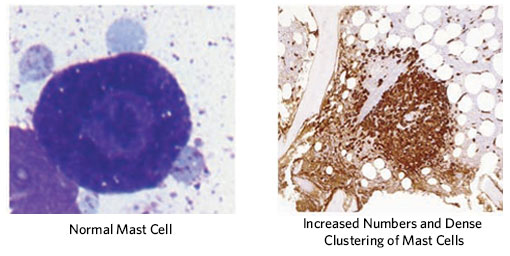A Novel Diagnostic Model for Chronic Pancreatitis

To address the challenge of accurately diagnosing chronic pancreatitis (CP), researchers at Brigham and Women’s Hospital (BWH) have introduced a novel prediction model that combines findings of endoscopic ultrasound (EUS) with pancreatitis-specific behavioral risk factors.
“We asked, can we come up with a more objective way to diagnose chronic pancreatitis?” says Linda Lee, MD, a gastroenterologist in the Division of Gastroenterology, Hepatology and Endoscopy at BWH. “If radiological findings are not obvious for chronic pancreatitis, how do we clinch the diagnosis?”

 While biologic drugs hold enormous promise for treating a wide range of gastrointestinal disorders, delivering these large molecules into the GI tract is formidable. To address this challenge,
While biologic drugs hold enormous promise for treating a wide range of gastrointestinal disorders, delivering these large molecules into the GI tract is formidable. To address this challenge,  Specialists in the Mastocytosis Center have developed advanced approaches for evaluating and treating mast cell disease, including state-of-the-art techniques to accurately diagnose the disease.
Specialists in the Mastocytosis Center have developed advanced approaches for evaluating and treating mast cell disease, including state-of-the-art techniques to accurately diagnose the disease.